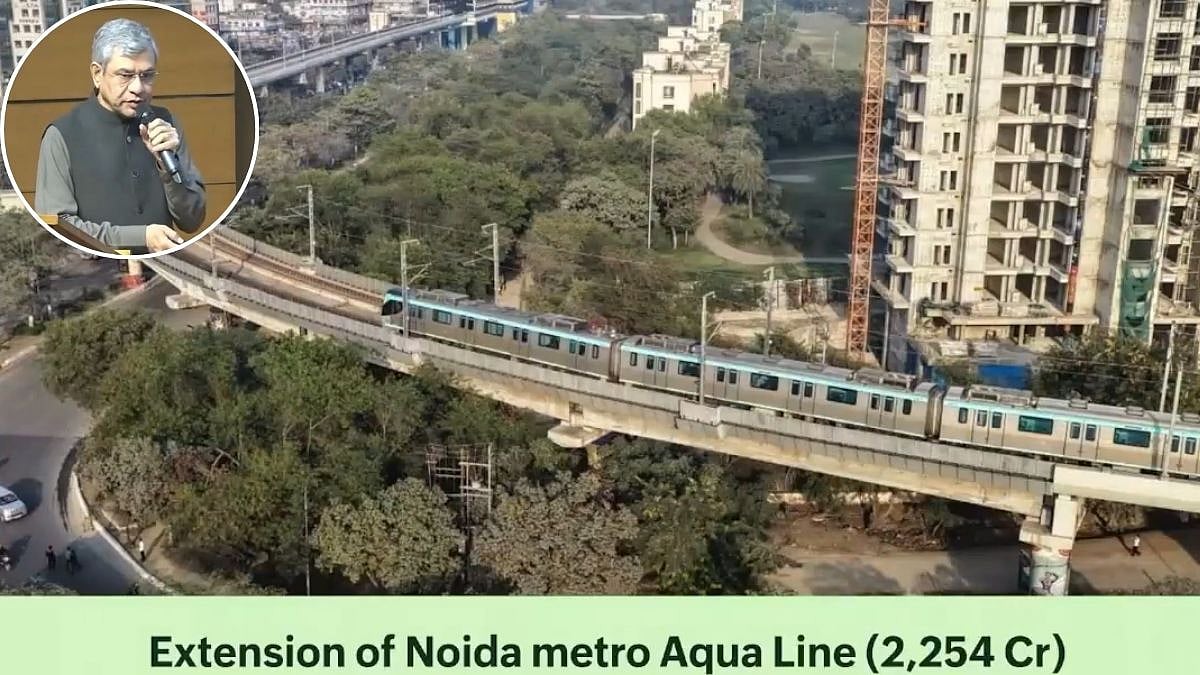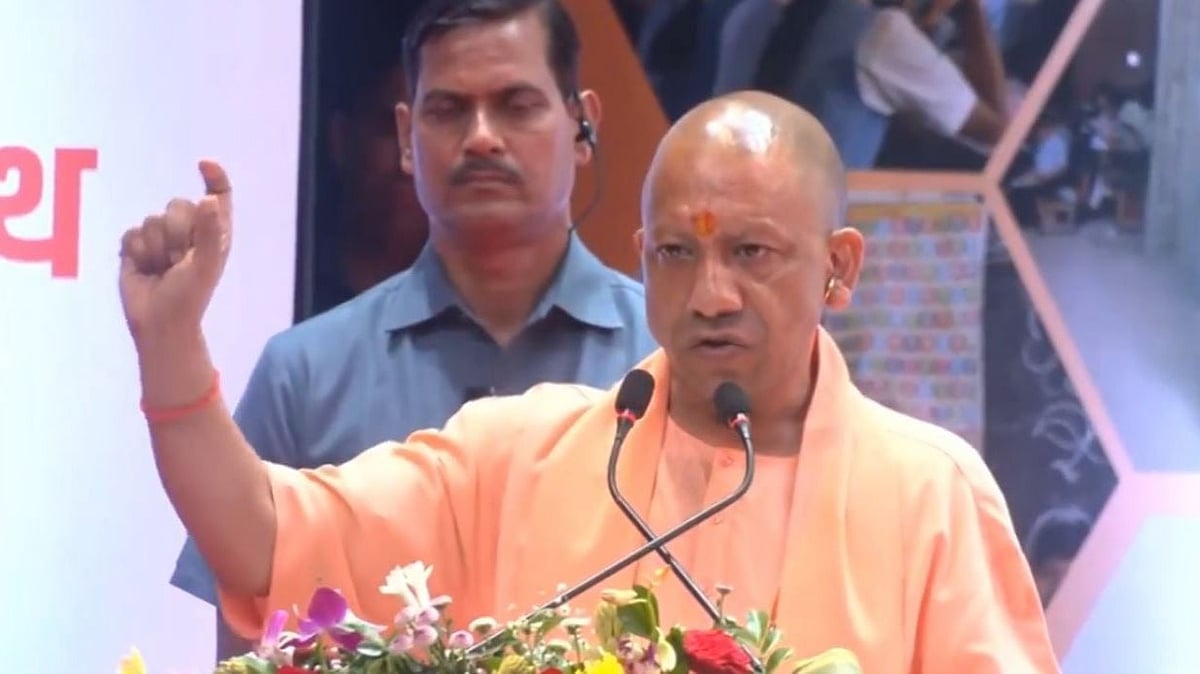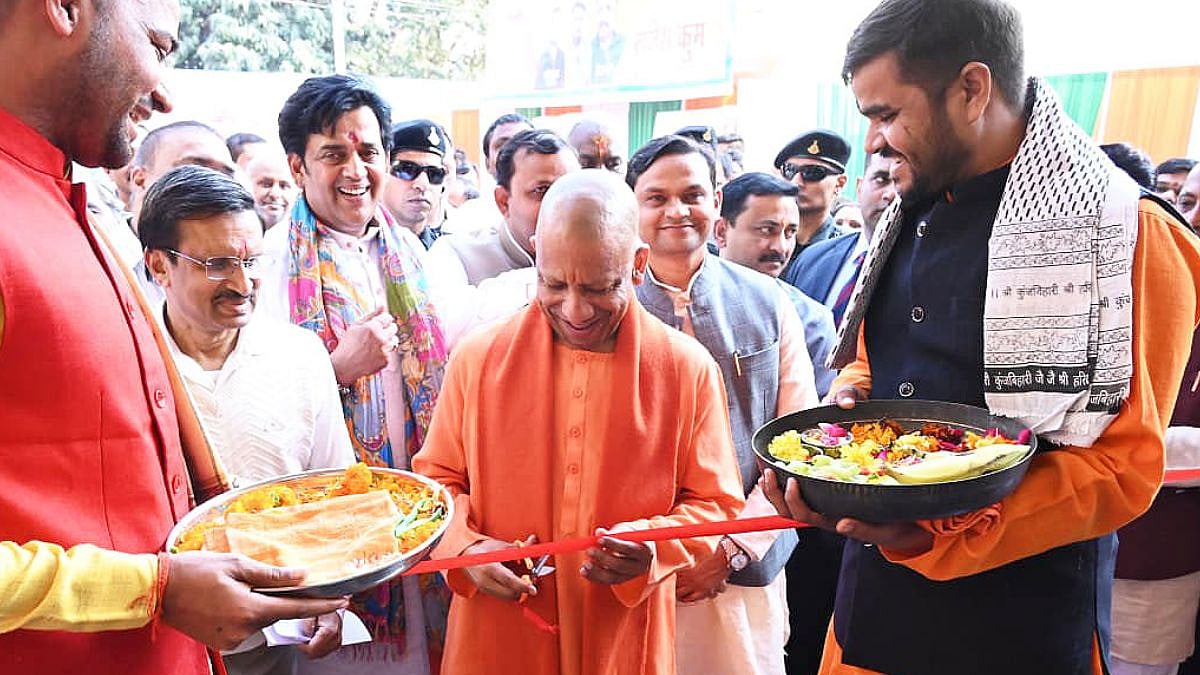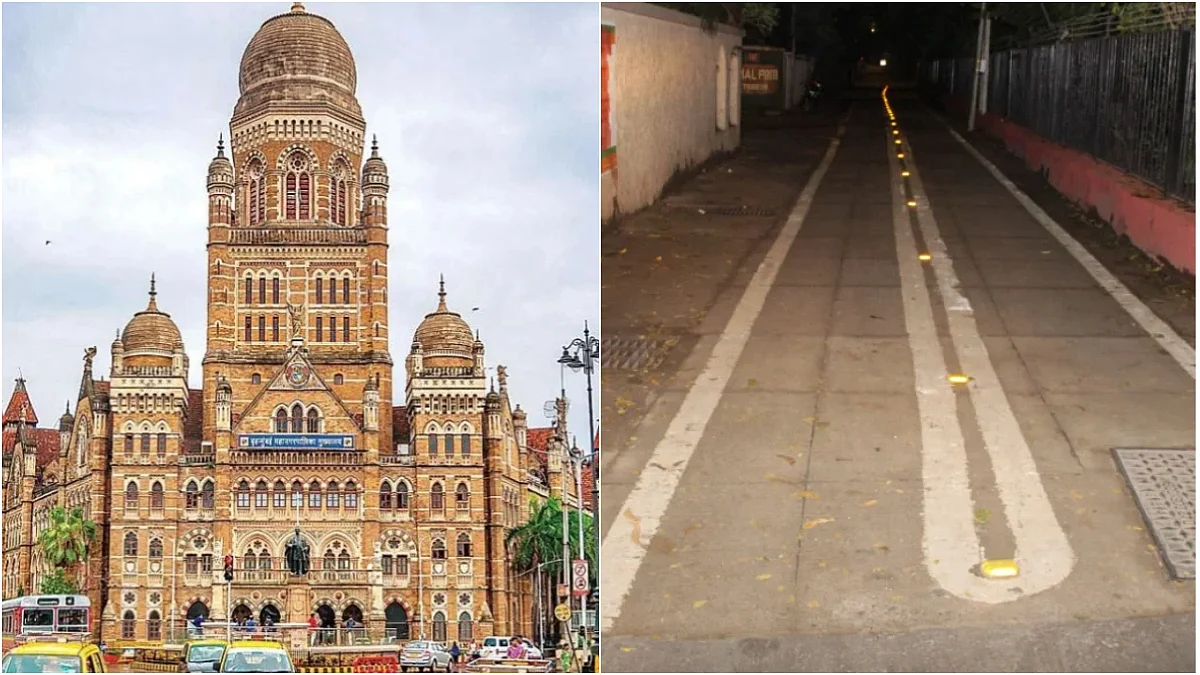Mumbai: The Brihanmumbai Electricity Supply and Transport (BEST) undertaking, entrusted with the task of ferrying millions of commuters daily, is grappling with a shrinking fleet and a surge in traffic, leaving thousand of passengers stranded and frustrated.
While BEST officials have attributed the prolonged wait times and overcrowded buses to traffic congestion, transport experts assert that the root cause lies in the shrinking bus fleet. "With fewer buses available to cater to the city's ever-growing population, commuters are left with limited options, leading to increased pressure on the existing infrastructure," said a transport expert.
"The impact of this transportation crisis is felt acutely by Mumbai's residents, who rely heavily on buses as a primary mode of transit. Longer wait times at bus stops have become the norm, forcing commuters to endure overcrowded buses and endure longer journeys, exacerbating the already stressful daily commute," he added.
According to experts, investment in expanding and modernizing the bus fleet, along with improvements in infrastructure and traffic management, are essential steps to alleviate the strain on the city's transit system.
Additionally, there is a pressing need for collaboration between transport authorities, urban planners, and policymakers to develop comprehensive solutions that prioritize the needs of commuters and ensure efficient, reliable, and sustainable public transportation in Mumbai.
"BEST undertaking, responsible for Mumbai's bus services, is struggling to meet the demands of its 35 lakh daily passengers with a rapidly declining number of buses. Currently, the total number of buses in operation has plummeted to 3025, including those on wet lease," said an union leader.
According to sources, despite placing orders for more than 5000 buses to the different suppliers, the actual delivery has fallen far short of expectations, leaving the BEST fleet stagnant at 3025 buses, including those on wet lease.
According to the terms of the contract, the BEST fleet was slated to reach 5000 buses by the end of the 2023-2024 financial year. However, the sluggish pace of bus deliveries has hindered the fulfillment of this agreement, leaving the transportation authority grappling with a fleet size far below the intended target.
Sources also reveal that the bottleneck lies in the limited number of companies specializing in the supply of electric buses. These companies are inundated with orders not only from BEST but also from other public sector transport corporations, resulting in a strain on their capacity to meet the demand.
A senior official, speaking on condition of anonymity, highlighted this issue, emphasizing the challenges faced by suppliers in fulfilling their contractual obligations.
Passengers, bearing the brunt of this transportation crisis, are growing increasingly disillusioned with the BEST administration. "Longer wait times at bus stops have become the norm, with some routes experiencing wait periods of up to 45 minutes. Suburban commuters, particularly in areas like Bandra-Kurla, are facing similar challenges, with reduced bus frequencies adding to their woes," Kailash Sharma, residents of Mulund
Similarly Ramesh Jhagade residents of Ghatkopar said, "The administration needs to plan the procurement of buses well in advance according to the needs of the city and also keep tabs on the supply process."
"Anyone can notice long queues in front of Mantralaya for bus number 115 and other routes," said Mridul Shah an Advocate work with a Nariman point based law firm. "Earlier, we were able to get buses at a frequency of 10 to 15 minutes from Kurla to Bandra, but now it's increased up to 20 to 30 minutes," said Salaullah Khan, Kurla.

Compounding the issue further is the decrease in the number of taxis and rickshaws on the road. "With over 30% of drivers returning to their native places during the summer vacation period, the availability of these modes of transport has dwindled significantly. Despite the high number of registered taxis and rickshaws in the Mumbai Metropolitan Region (MMR), many remain off the road due to various reasons, further exacerbating the transportation crisis," said KK Tiwari leader of Swabhiman Taxi and Auto Sangthan.









